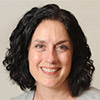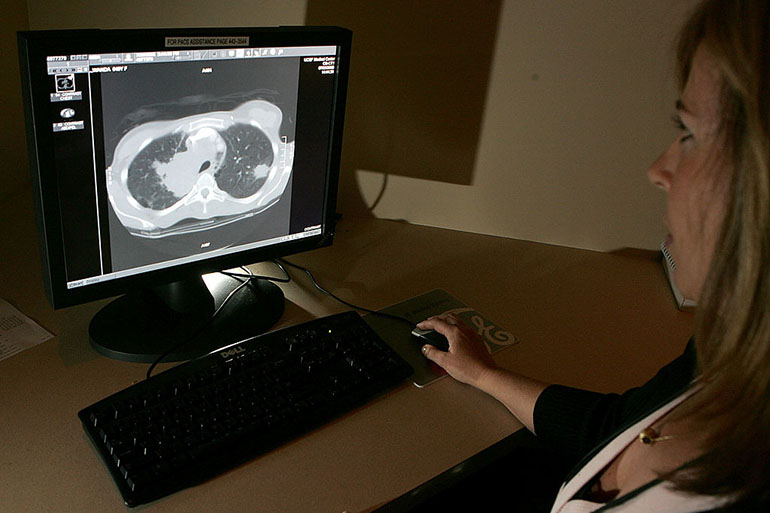Lung cancer screening rates have barely budged in recent years, according to a new study, even though under the health law many people don’t have to pay anything out-of-pocket for them because the test is recommended by a panel of prevention experts.
In 2010, just 3.3 percent of eligible smokers surveyed said they had received a low-dose computed tomography scan in the past year to check for lung cancer. In 2015, the percentage had inched up to 3.9 percent, or 262,700 people out of 6.8 million who were eligible.
The analysis of data from the National Health Interview Survey, a large, ongoing in-person federal survey conducted by the National Center for Health Statistics, was performed by researchers at the American Cancer Society and published online in JAMA Oncology last week.
 Insuring Your Health
Insuring Your HealthDespite steady declines in smoking, lung cancer is the number one killer among cancers, accounting for more than 150,000 deaths annually. Smoking is linked to up to 90 percent of lung cancers, according to the Centers for Disease Control and Prevention.
In 2013, the U.S. Preventive Services Task Force, an independent panel of medical experts, recommended annual low-dose CT scans for current or former smokers between the ages of 55 and 80 who smoked for “30 pack years” — the equivalent of a pack a day for 30 years — and currently smoke or quit within the past 15 years. Under the health law, health plans have to cover preventive services that are recommended by the task force without charging consumers for them. Medicare also covers the test for eligible beneficiaries, but coverage for Medicaid enrollees varies by state.
More than half of smokers that met the task force guidelines for screening were uninsured or had Medicaid, the federal/state health program for lower income people, the study found. For these people, the cost of the test, which can run several hundred dollars, could be a deterrent to screening, said Ahmedin Jemal, a vice president at the American Cancer Society and the study’s lead author.
But there are likely other reasons as well, Jemal said, including a “knowledge gap” among poorer, less educated people about the benefits of lung cancer screening. Physicians may also have a knowledge gap, he said. In one study cited in their report, nearly two-thirds of physicians surveyed didn’t know that low-dose CT screening should be done annually in people who are at high risk for lung cancer. In addition, it can be challenging to locate a medical center that has extensive experience with lung cancer screening and follow-up.
“It’s not as common as just going to any hospital in your neighborhood,” Jemal said.
Please visit kffhealthnews.org/columnists to send comments or ideas for future topics for the Insuring Your Health column.







